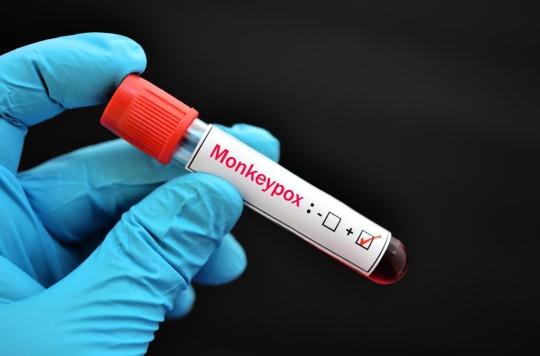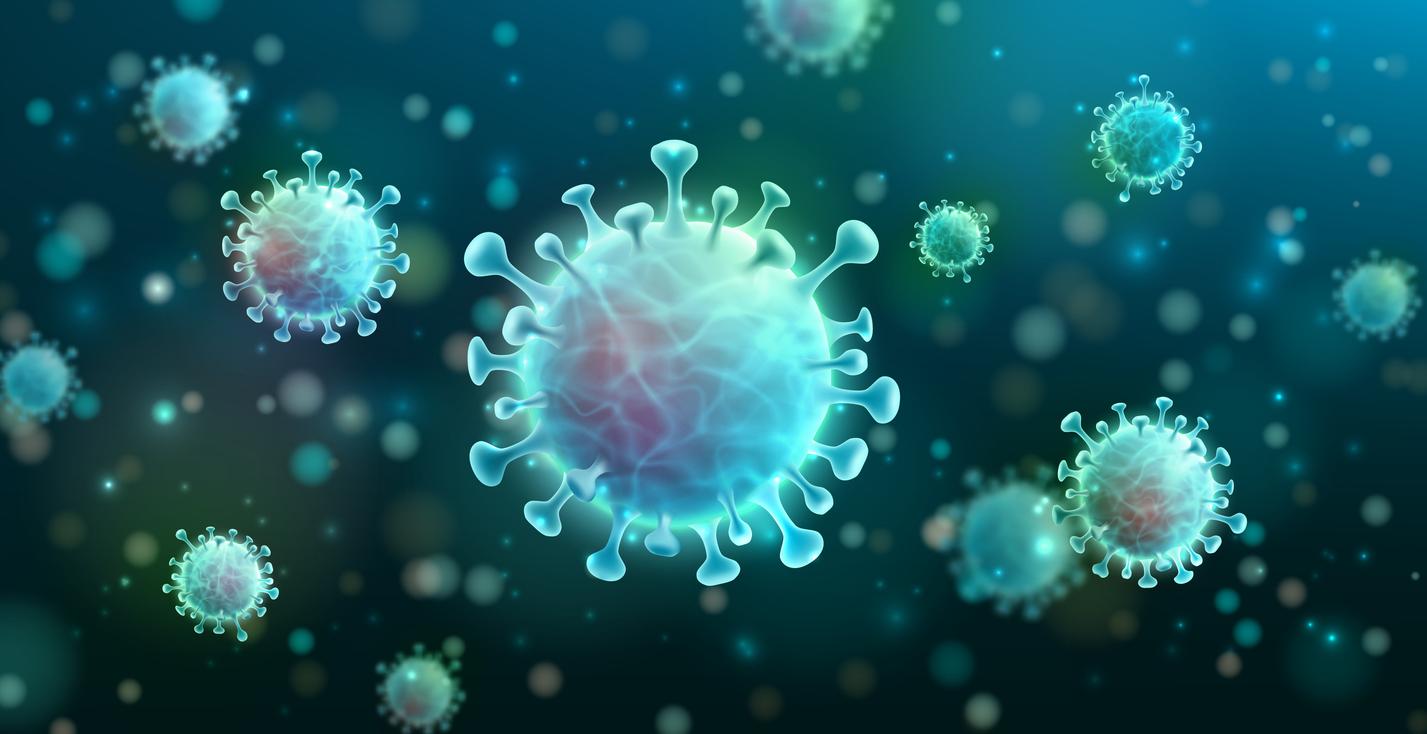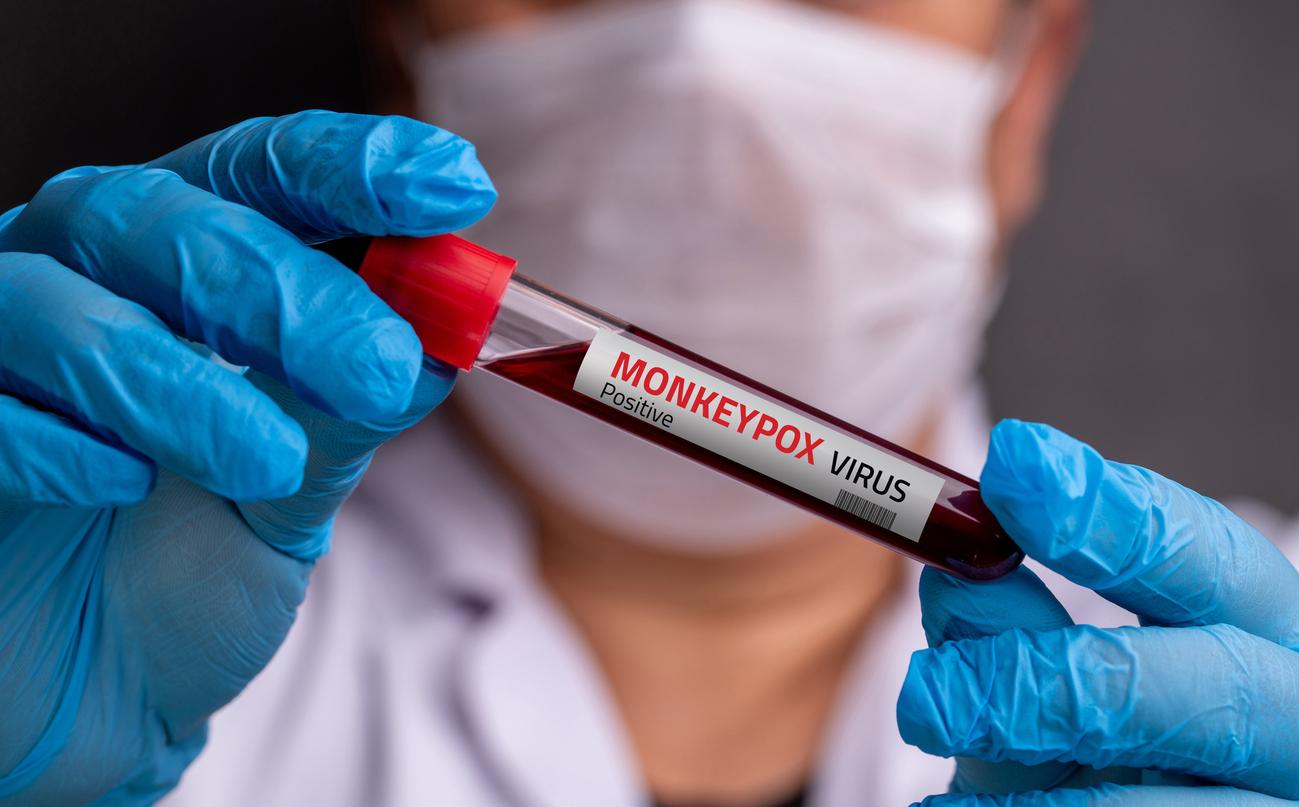A first case of monkey pox has been identified in Corsica. The point in figures on this virus.

- The Ile de France regional health agency has reported the first case of monkeypox affecting a child in the country.
- The virus was found in the semen of the patients.
Monkey pox (or Monkeypox) is spreading throughout the country. The regional health agency (ARS) of Corsica confirmed Sunday evening to the Corse Matin newspaper a first case on the island of beauty.
“This is an adult person with no history of travel to a country where the virus is circulating”, indicates the ARS. “The patient has mild symptoms and his condition shows no signs of seriousness”, say the authorities. “People who have been in close contact with this patient have been identified”, they add.
As of June 23, 330 confirmed cases of monkeypox have been reported in France: 227 in Ile-de-France, 22 in Occitanie, 21 in Auvergne-Rhône-Alpes, 19 in Nouvelle-Aquitaine, 14 in Hauts-de- France, 14 in Provence-Alpes-Côte d’Azur, 6 in Normandy, 3 in Brittany, 1 in Centre-Val de Loire, 1 in Bourgogne-Franche-Comté, 1 in Pays de la Loire and 1 in Grand-Est.
Vaccination
On referral from the Ministry of Health, HAS specifies the vaccination strategy to be implemented around a confirmed case of monkey pox (Monkeypox) for two population groups: first-time vaccinators, i.e. people who were vaccinated against smallpox in childhood, and children.
“The HAS thus recommends administering a single dose of vaccine to people who are contacts at risk and vaccinated against smallpox before 1980, except for immunocompromised people”, can we read on its site. In addition, public health experts suggest that the vaccination of children exposed to the virus and likely to develop a severe form of the disease can be considered on a case-by-case basis, by specialists only and after a strict assessment of the benefits and risks.
Symptoms
Monkeypox is a viral infection usually rare in Europe that manifests with fever, rashes and swollen lymph nodes. The disease, generally benign, can nevertheless be fatal if it is not treated, in particular in young people.
















